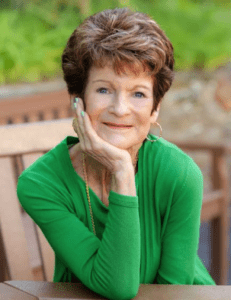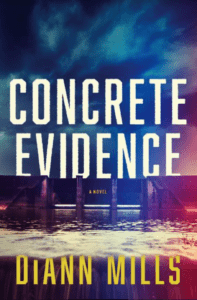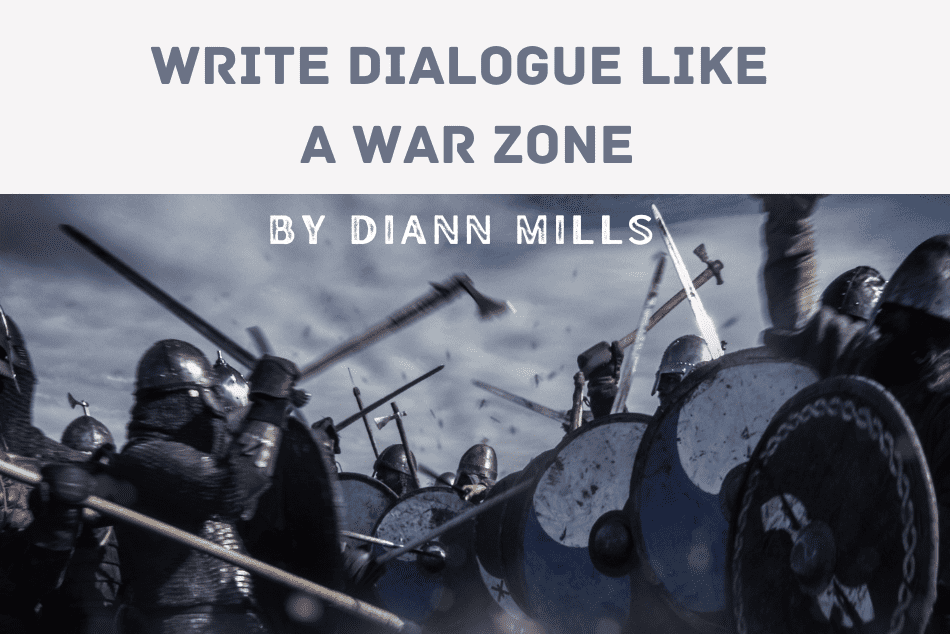Write Dialogue Like A War Zone
“Words can be barbs. They can be sabers. They can be jewels. Don’t let them be marshmallows that are just passed back and forth.” —Steven James
Exceptional Dialogue is a War Zone
Exceptional dialogue occurs when the writer views interaction between characters as a war zone. The page becomes a battlefield, and the verbal and nonverbal exchange explodes into action. The conflict doesn’t need to draw blood, but the words, motivation, and stakes must burst into emotional turmoil. The issues with the characters can be small or large, but they must escalate the plot forward.
- A young woman, who is basically non-confrontational, attempts to talk to her best friend who is constantly flirting with the young woman’s fiancé. The friend doesn’t want the young woman to know she’s in love with the fiancé and denies the actions.
- A man discovers his boss is cutting corners to fill his own pockets. The man cannot ignore the unethical situation and chooses to have a conversation. The boss has a gambling addiction and must pay his debt to a crime syndicate. If he doesn’t, the crime syndicate will come after his family.
- An elderly couple move into a small apartment to help with their granddaughter’s college costs. The grandparents learn she is skipping classes, and her grades have dropped. The elderly couple tell her no more money until she proves herself. The granddaughter can’t tell them she’s fighting MS because it will devastate her parents and grandparents.
Writers select the POV character according to the one who has the most to lose and the most to gain in a scene; that requires emotive conflict. Words, tone, mood, and life experiences rush into the dialogue with the force of a tsunami and the subtlety of an unsuspecting predator. In the following example, two characters have opposing goals. Can you identify what they are?
Nick leaned against Jake’s locker. “What’s with you doin’ homework with my girl?”
Jake froze. Messin’ with the dude meant a pounding. “She’s my neighbor.”
“Told you before don’t talk to her.”
“Look, we grew up together, and she asked me to help her with algebra.”
“She can get someone else.”
“You mean a girl so you don’t feel threatened?” He refused to say she needed to bring up her math grade for a college application.
Nick’s face reddened, and he glanced up and down the hall. “You’ll pay for this. Nobody talks to me that way.”
Jake slammed his locker shut, but he couldn’t close his mouth. “Deal with it. Melissa and I have been friends since pre-school.”
Nick grabbed him by the throat. “You stay away from my girl. Understand?”
Melissa had said every time she’d tried to break up with Nick, he threatened to hurt her. Jake had promised to help her. “Tell you what, Nick. I don’t take orders from you. And I’m not afraid of you either. Go flash your biceps at someone who cares.”
Nothing’s fair in war and words
The emotional punch between the characters becomes a struggle of wants, goals, and desires. Some are positive and some are negative.
A battlefield is where fighting takes place, and there lies our story’s setting. Unlike two opposing forces establishing a location that is fair fighting for both sides, writers chose an antagonistic setting to declare war with words. Antagonists use charm, manipulation, power, and wealth to overcome the protagonist. Words demonstrate how the battle escalates.
Nothing’s fair in war and words.
Many unexpected situations stand in the way of a POV character who enters a war zone and exits in the victory circle
And winning or losing a battle doesn’t mean a victory or defeat to the opposing side.
I had a writing student who asked if she could write a scene about a family who shared a home cooked meal together. They loved each other, and the dialogue would reflect pleasantries. I suggested she delete the scene unless the sixteen-year-old announced she was pregnant. Her revision initiated the scene’s conflict and ultimate war zone.
Many unexpected situations stand in the way of a POV character who enters a war zone and exits in the victory circle. How our characters resolve issues through dialogue uncovers lies, deceit, blind spots, old wounds, subtext, sarcasm, misunderstandings, cultural differences, and avoidance of an obvious problem. All issues contain the gems of revealing the real inner character.
Dialogue results in wounds, victories, and defeats
Writers arm their soldiers’ dialogue with battle cries that result in wounds, victories, and defeats. We must include:
- Unique word choices to reflect emotion, genre, mood, setting, and character.
- Distinctive characters who refuse to take no for an answer—and why.
- High stakes impact not just the POV character but others. The more people affected, the emotional crisis and danger propel the motivated character.
- Short sentences move the scene faster.
- Passionate characters believe they are right and refuse to back down.
Our readers grasp memorable conversations and quotes as personal spoils of war. They capture our character’s resolve to carry the torch of purpose. And what writer doesn’t want to be remembered long after the book is finished?
Do you agree that dialogue is a war zone? Join the conversation on Facebook.
 DiAnn Mills is a bestselling author who believes her readers should expect an adventure. She weaves memorable characters with unpredictable plots to create action-packed, suspense-filled novels. DiAnn believes every breath of life is someone’s story, so why not capture those moments and create a thrilling adventure?
DiAnn Mills is a bestselling author who believes her readers should expect an adventure. She weaves memorable characters with unpredictable plots to create action-packed, suspense-filled novels. DiAnn believes every breath of life is someone’s story, so why not capture those moments and create a thrilling adventure?
Her titles have appeared on the CBA and ECPA bestseller lists; won two Christy Awards, the Golden Scroll, Inspirational Readers’ Choice, and Carol award contests.
DiAnn is a founding board member of the American Christian Fiction Writers, an active member of the Blue Ridge Mountains Christian Writers, Advanced Writers and Speakers Association, Mystery Writers of America, the Jerry Jenkins Writers Guild, Sisters in Crime, and International Thriller Writers. DiAnn continues her passion of helping other writers be successful. She speaks to various groups and teaches writing workshops around the country.
Blue Ridge Mountains Christian Writers, Advanced Writers and Speakers Association, Mystery Writers of America, the Jerry Jenkins Writers Guild, Sisters in Crime, and International Thriller Writers. DiAnn continues her passion of helping other writers be successful. She speaks to various groups and teaches writing workshops around the country.
DiAnn has been termed a coffee snob and roasts her own coffee beans. She’s an avid reader, loves to cook, and believes her grandchildren are the smartest kids in the universe. She and her husband live in sunny Houston, Texas.
DiAnn is very active online and would love to connect with readers on: Facebook, Twitter, Instagram, Pinterest, Goodreads, BookBub, YouTube, LinkedIn or her website: diannmills.com





